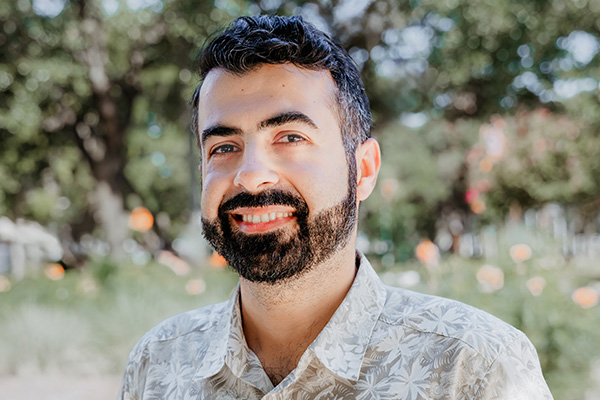Posted on January 13, 2025 by Wendy Frost
 While a typical supply chain issue may result in delayed product deliveries or inconveniences, within the health care sector the consequences can be dire, leading to adverse health outcomes and even death.
While a typical supply chain issue may result in delayed product deliveries or inconveniences, within the health care sector the consequences can be dire, leading to adverse health outcomes and even death.
"A specific problem that I look at is shortages in health care items that are needed for individuals to remain healthy. Unfortunately, the lack of access to these health products is most widespread in parts of the world where the repercussions are more severe," said Karimi.
In a recently published study in Manufacturing and Service Operations Management, Karimi applied econometric models on field data to evaluate contraceptive distribution models in Senegal, a low-income country in West Africa.
His work won the 2024 POMS College of Healthcare Operations Management Best Paper Competition. His study evaluated and compared two distribution models on last-mile contraceptive availability and key public health outcomes. The pull model, which is more commonly used in low-income countries, requires health facilities to manage their own inventory. In the informed push model, inventory management is delegated to external logistics providers.
“In Senegal they came up with the solution to relieve health care workers of these non-clinical responsibilities by using external providers to manage inventory,” said Karimi. “This model is good, but it is also very costly. We studied the benefits of this model, and whether it was worth the cost associated with it.”
Karimi found significant benefits in the informed push model from both an operational as well as a public health standpoint. These benefits were most pronounced at severely disadvantaged health facilities—those in remote areas with below-average inventory management capabilities. But, they were less salient for non disadvantaged health clinics.
Further, the disadvantaged clinics experienced the most reduction in the workload for the health care workers, freeing up their time to focus on patient care.
“When I was working on my doctoral degree, I wanted to do something that was meaningful to me,” said Karimi. “My ultimate goal is uncovering actionable insights that public health organizations and governments can use to address inequities on a global stage.”

